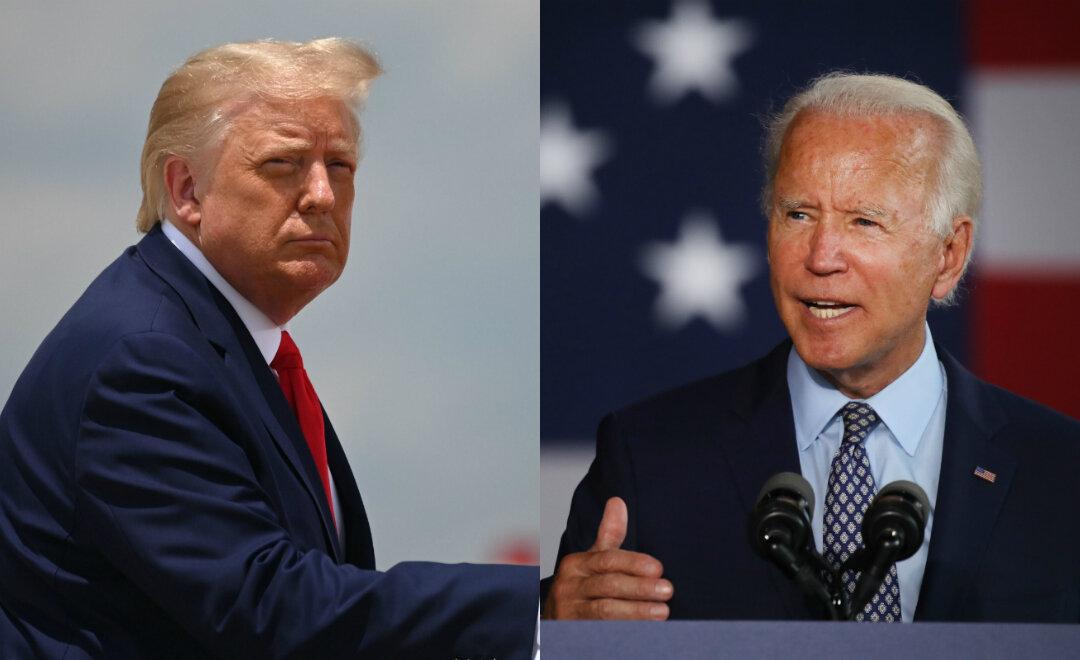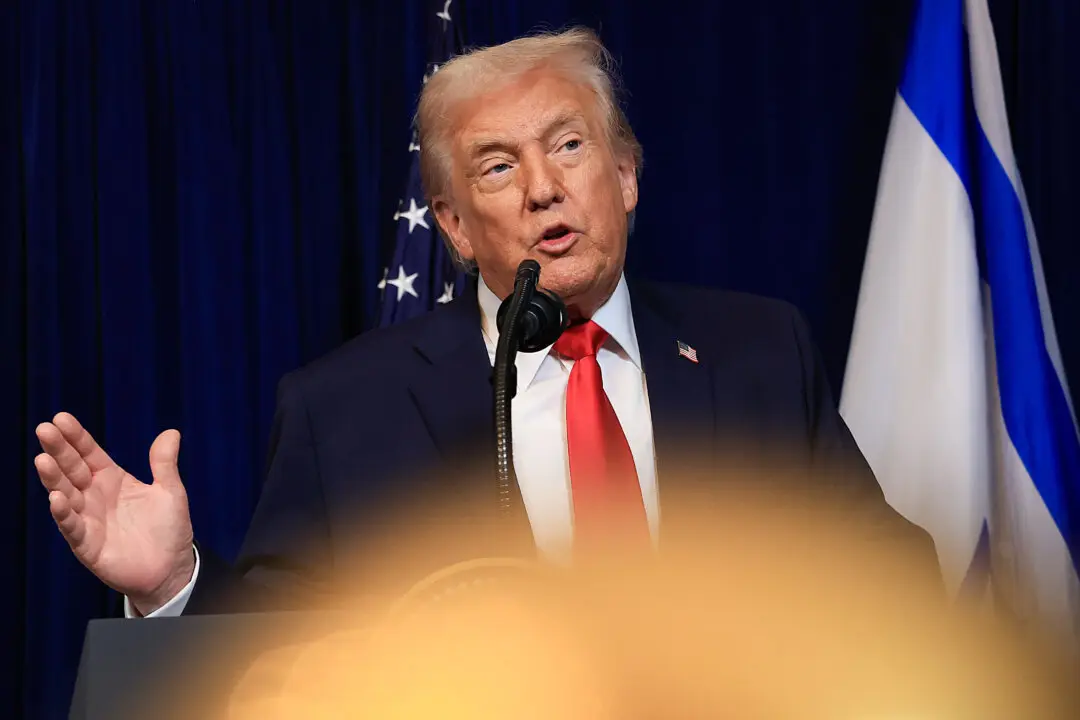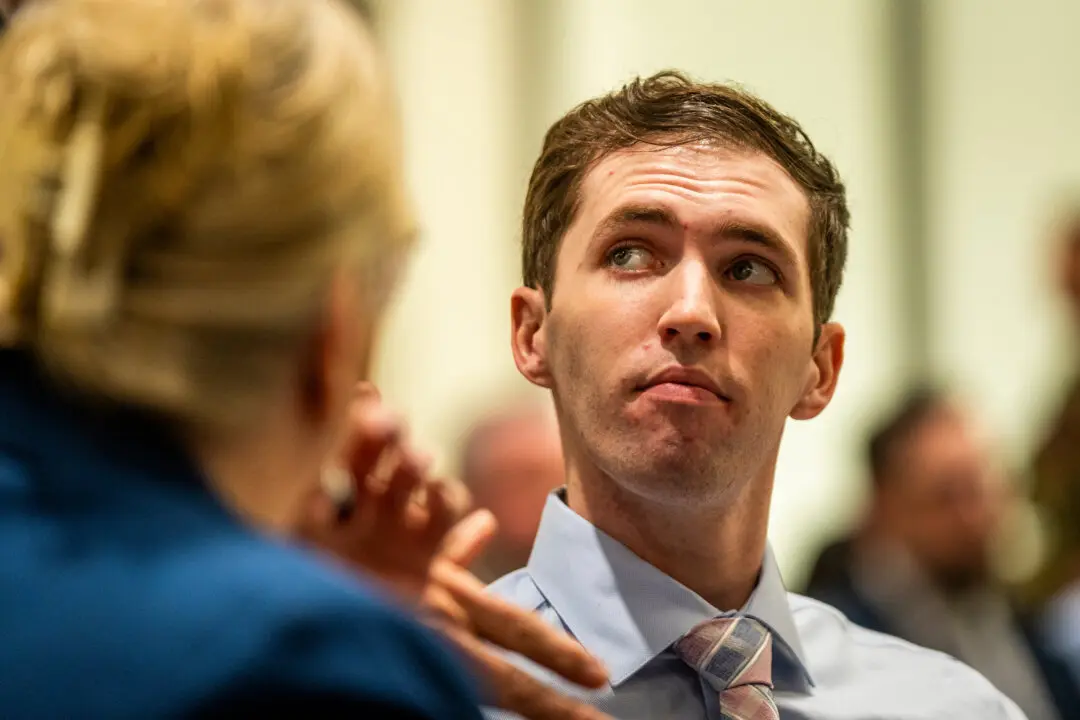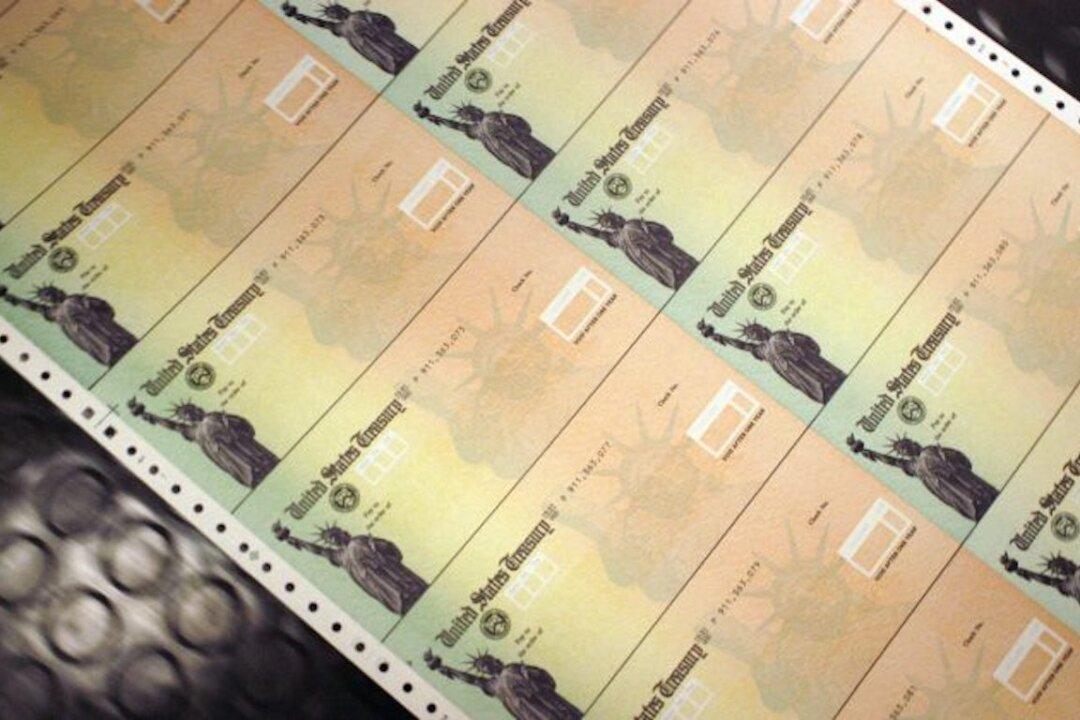President Donald Trump on Tuesday morning revealed that the COVID-19 vaccine will be completed in the near future.
“I want the vaccine fast,” the president said in an interview with Fox News. “You wouldn’t have a vaccine for years ... I speeded up the process with the FDA ... We’re going to have a vaccine in a matter of weeks, it could be four weeks, it could be eight weeks ... we have a lot of great companies.”





